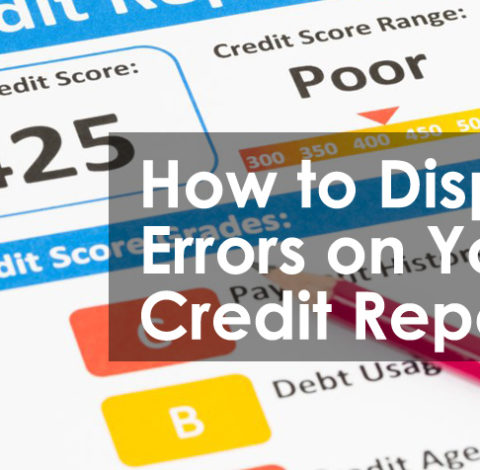
What Do Credit Scores Mean and Why Are They Important?
What is a credit score?
A credit score is a three-digit set of numbers ranging between 300 and 850 derived from information in your credit report. The higher the number is, the better the score. Lenders such as banks, credit card companies and finance companies use this information to determine loan eligibility, interest rates and credit limits.
Credit scoring is not limited to lending institutions. Other organizations, including mobile phone companies, utility companies, insurance companies, landlords and government agencies use credit scores to determine leasing eligibility, hiring or deposit amounts when providing services.
Exceptional credit score range between 800 and 850. Very good credit ranges between 740 and 799. Good credit is 670 to 739 and fair from 580 to 669. Any score below 580 is considered very poor credit.
What is a credit report?
A credit report is a compilation of credit history and how you handle your financial obligations. The information is collected by the three major credit bureaus – Experian, Equifax and TransUnion – and compiled into one report.
It details all credit accounts, the amount of accumulated debt and how you pay your bills. It also tells your address and place of occupation, as well as whether you’ve filed bankruptcy, had a lawsuit filed against you, home foreclosed, tax liens or vehicle repossessed.
Credit reports also include a list of businesses that have recently checked your credit, pulled your credit or made inquiries into your credit.
Why are credit scores and credit reports important?
Many institutions use credit to make decisions about an individual. Credit means the difference between not only qualifying for certain loans but also paying hundreds to thousands in interest. Poor or bad credit yields much higher interest rates than someone with high credit.
Insurance companies use credit to determine payments. Lending institutions use this information to determine whether or not you’ll be approved for credit cards, loans, financing and mortgages. Landlords use credit to decide whether to rent to you. And some employers check credit before making hiring decisions. That small, three-digit number that makes up a credit report is a huge determining factor in our lives.

